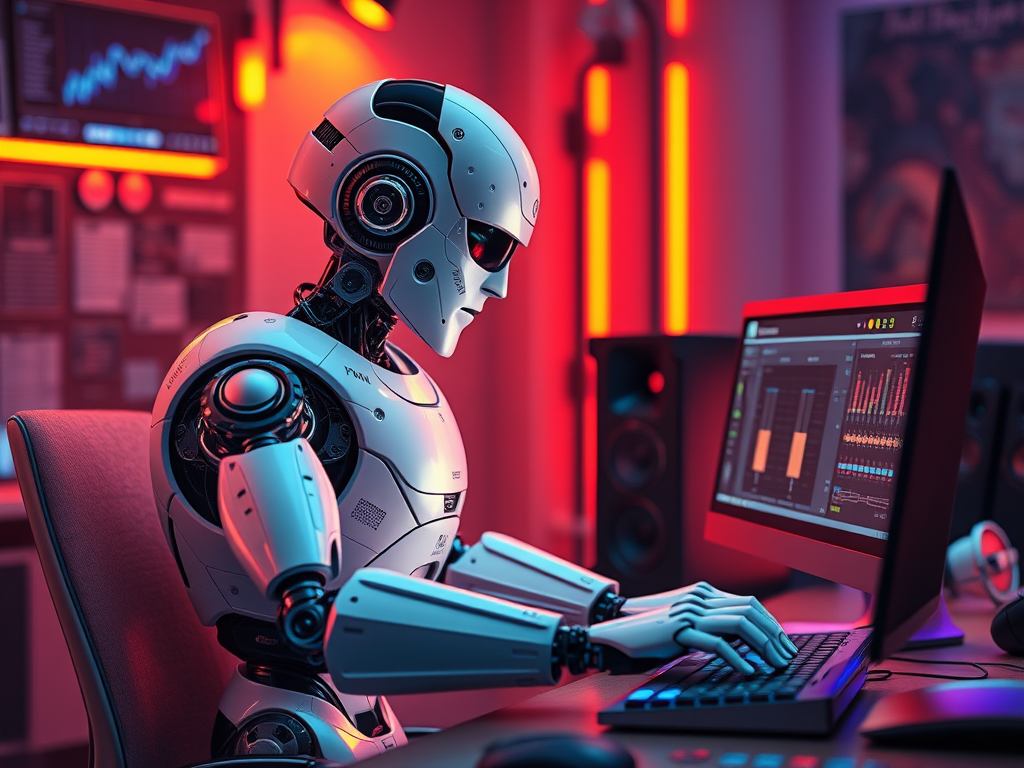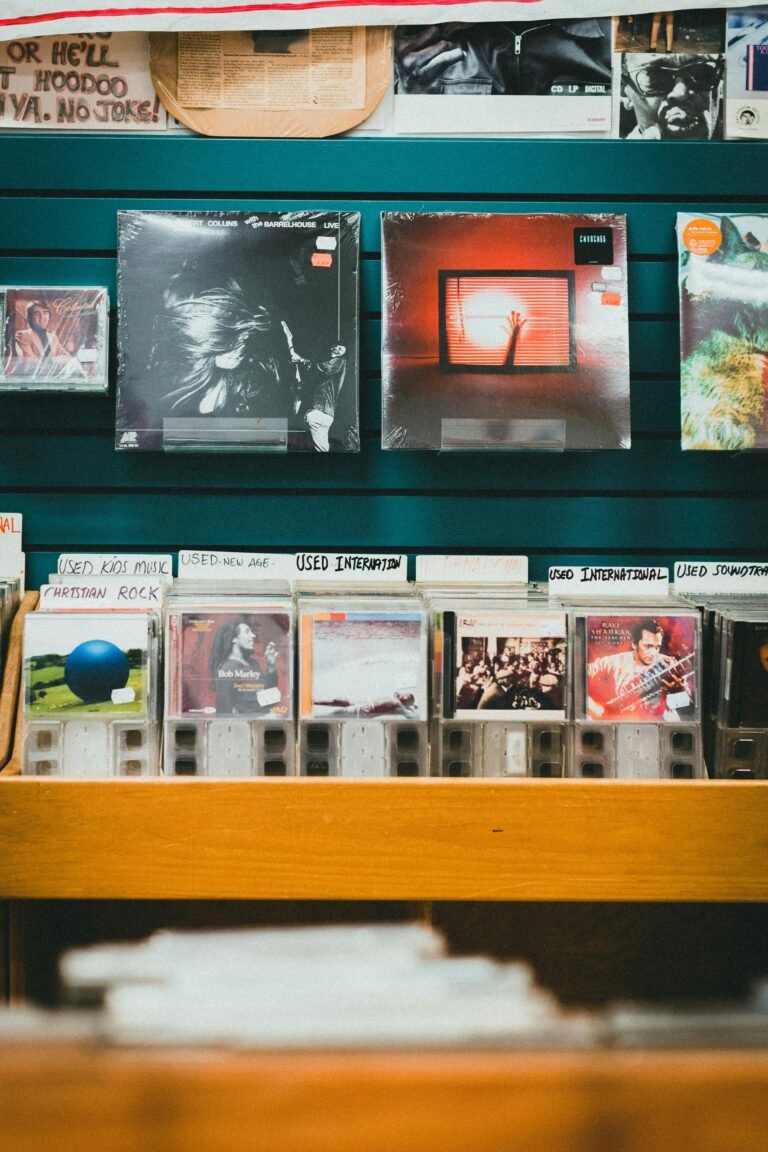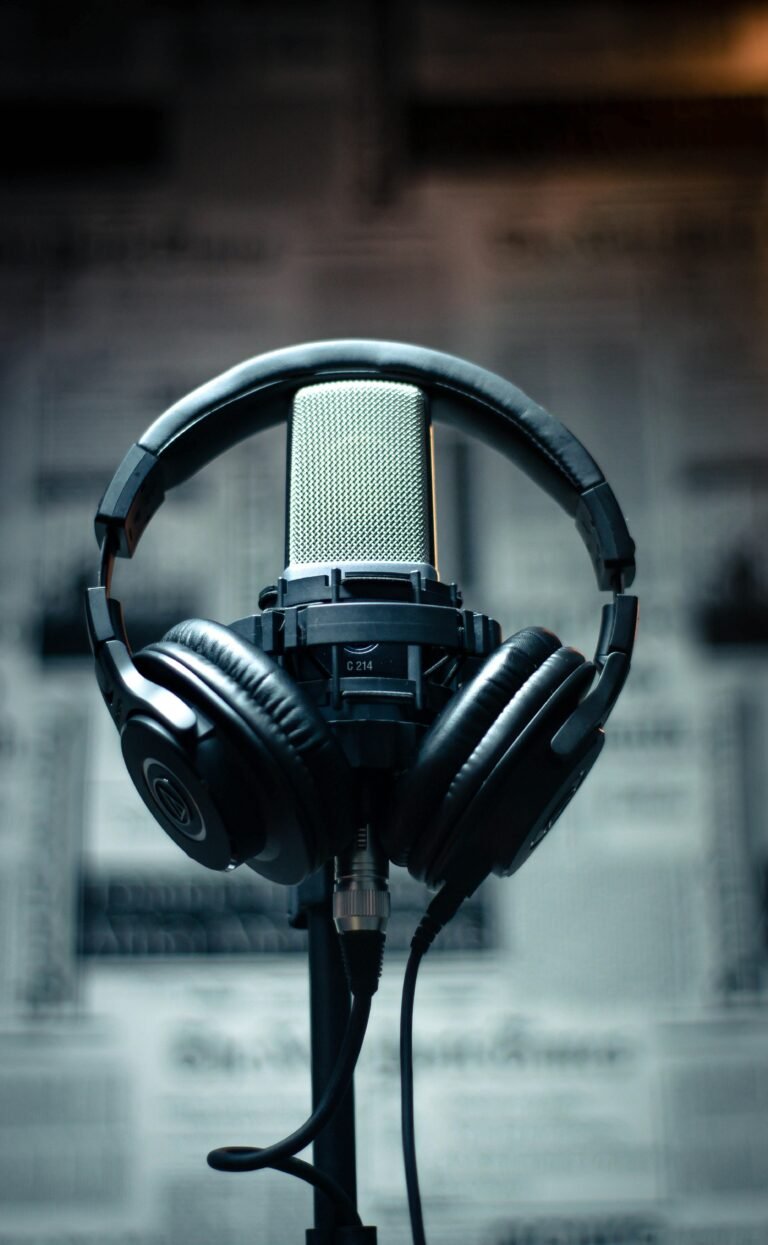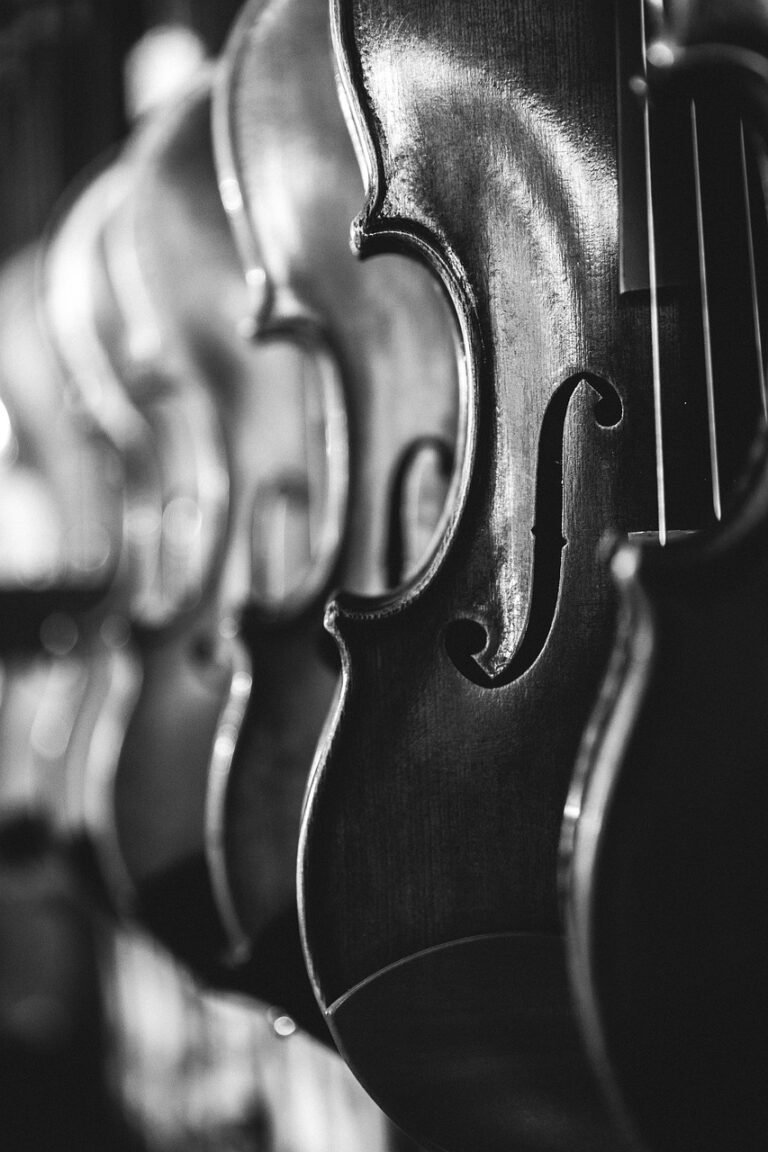
The Robot Revolution: Which Music Jobs Are Living on Borrowed Time and Which Are Here to Stay
The ghosts in the machine are making music now, and the industry is scrambling to figure out what that means for the humans who’ve spent their lives perfecting the art. Artificial intelligence isn’t knocking on the door anymore it’s already inside, composing symphonies, producing beats, and even “performing” virtual concerts. But before you start polishing up that résumé for a career in accounting, let’s break down exactly which music industry jobs are about to get the pink slip from our silicon overlords, and which ones are as safe as a vintage Stradivarius.
The Walking Dead: Jobs AI is Coming For
Production Music and Stock Content Creators
If you’re one of those unsung heroes cranking out elevator music, commercial jingles, or background tracks for YouTube videos, we’ve got some bad news. AI has already mastered the art of making forgettable music that fills the silence. Companies like Amper Music and AIVA are churning out royalty-free tracks faster than you can say “generic corporate soundtrack”. These algorithms can produce a three-minute instrumental in minutes, not hours, and they’re getting scary good at matching the exact mood brief from that advertising agency downtown.
The numbers don’t lie by 2028, the generative AI music market is expected to balloon from $3.3 billion to $71 billion. Meanwhile, production music composers are watching their income streams dry up like a broken fountain. One industry insider put it bluntly: “AI will replace artists who create jingles for stores and other commercial purposes. This includes advertising, ambient music, and smaller-scale projects with limited funding”.
Mastering and Mixing Engineers (The Basic Ones)
Remember when mastering was this mystical art performed by wizards in expensive studios? Well, the wizards are being replaced by algorithms, and they’re working for a fraction of the cost. LANDR has already mastered over 10 million songs for more than 2 million musicians, proving that AI can handle the technical heavy lifting of making your track sound professional.
Sure, the top-tier mastering engineers who work with major artists aren’t sweating yet, but the middle tier? The ones doing routine masters for indie artists on tight budgets? They’re watching their phones ring less and less as musicians discover they can get “good enough” results from a computer.
Background Score Composers for Film and TV
Hollywood’s bean counters have discovered something beautiful: AI can compose generic dramatic swells and tension-building strings without demanding craft services or residual payments. AI-generated background scores are already being used in advertising, television, and film, and while they might not win any Oscars, they’re perfectly adequate for filling those awkward silences in corporate training videos and low-budget productions.
The real gut punch? AI doesn’t get writer’s block, doesn’t have creative disagreements with directors, and never asks for more money when the project goes over schedule.
Entry-Level Sound Engineers
The bottom rung of the sound engineering ladder is getting wobbly. Warner Music Group is actively hiring “AI Automation & Growth Analysts” whose job descriptions read like a sound engineer’s worst nightmare: “identify and prioritize automation opportunities” and “guide the organization through a seamless transition to AI-powered operations.”
While the top engineers who can work magic with a console are still safe, the entry-level folks who mostly push faders and apply standard processing chains are finding themselves in competition with software that never sleeps and doesn’t require health insurance.
The Survivors: Jobs That AI Can’t Touch (Yet)
Live Performers and Touring Musicians
Here’s the thing about AI: it can’t sweat under stage lights, it can’t read a crowd’s energy, and it definitely can’t throw its guitar pick to a screaming fan in the front row. Live performance thrives on spontaneity, human connection, and those unplanned moments that make concerts magical.
When thousands of people pack into an arena to see Taylor Swift, they’re not just there for the songs they’re there for her. The sacred compact between musicians and audiences involves authenticity and humanity. Nobody’s lining up to buy expensive tickets to watch a hologram perform, no matter how technically perfect it might be.
The live music industry continues to thrive with venues maintaining packed schedules, and there’s something primal about shared musical experiences that algorithms just can’t replicate. As one industry observer noted, “concerts currently make enough money, counting the merch and VIP stuff, to sustain massive tours and for a huge number of mid-level and small artists”.
Music Therapists
If you thought AI was going to replace the human touch in healing, think again. Music therapy relies on reading human emotions, building trust, and creating personalized therapeutic relationships that go far beyond playing the right notes.
Music therapists work with non-verbal patients, trauma survivors, and individuals with autism spectrum disorders—populations that require the kind of intuitive, empathetic response that no algorithm can provide. “Some people respond to this therapy, this medium, and no other. That makes the work of music therapists irreplaceable”.
The field isn’t just surviving; it’s growing. Research continues to validate music therapy’s effectiveness in treating everything from childhood apraxia to PTSD, and the human element of reading silence, creating trust, and sensing what a patient needs in real-time remains uniquely human.
Music Educators and Teachers
While AI can help with lesson planning and generate practice exercises, it can’t replace the fundamental human aspects of music education. Teaching music requires empathy, adaptability, and the ability to inspire and motivate students—qualities that remain stubbornly human.
Music education involves complex social interactions, cultural transmission, and the development of creativity and emotional expression. AI might assist with technical instruction, but it can’t mentor a struggling student through their first performance anxiety or help them discover their unique artistic voice.
The ethical considerations around AI in music education actually highlight why human teachers remain essential: AI systems can perpetuate biases, lack cultural understanding, and fail to provide the nuanced guidance that human instructors bring to the learning process.
Artist Managers and A&R Representatives
The music business is still fundamentally a people business, and AI can’t schmooze at industry parties, build personal relationships, or navigate the complex web of human egos that drives the industry. While AI is being used to identify promising talent through data analysis, the actual work of developing artists, negotiating deals, and building careers requires human intuition and social skills.
A&R representatives need to understand not just what sounds good, but what will resonate with audiences, what fits with current cultural moments, and how to position an artist in the marketplace skills that require lived experience and cultural fluency that AI currently lacks.
Specialized Recording Engineers and Producers
While basic mixing and mastering might get automated, the high-end production work that shapes the sound of major releases remains stubbornly human. Top-tier producers like Rick Rubin or Quincy Jones aren’t just button-pushers they’re creative collaborators who shape the artistic vision of entire albums.
These professionals bring decades of experience, cultural knowledge, and the ability to connect with artists on a creative level. They know when to break the rules, when to embrace imperfection, and how to capture the ineffable quality that makes a recording special rather than just technically correct.
Music Journalists and Critics
In an age of AI-generated content, authentic human voices and cultural criticism become more valuable, not less. Music journalism requires cultural context, personal experience, and the ability to articulate why art matters—skills that remain distinctly human.
The emotional connection and cultural understanding that human critics bring to their work cannot be replicated by algorithms. Readers don’t just want to know if a song has good production values; they want to understand what it means, how it fits into the artist’s evolution, and why it matters in the broader cultural conversation.
The Plot Twist: AI as Creative Partner, Not Replacement
Here’s where the story gets interesting: the most successful musicians and industry professionals aren’t fighting AI—they’re learning to dance with it. Producer Iván Paz performs live coding sessions where he programs AI in real-time, creating a hybrid performance that’s part human creativity, part machine learning. It’s not replacement; it’s collaboration.
AI tools are becoming sophisticated creative partners that can help overcome writer’s block, generate variations on themes, and explore new sonic territories. But they’re still just tools, and like any instrument, they’re only as good as the human wielding them.
The Bottom Line: Humanity Remains the Headliner
While AI will undoubtedly reshape the music industry’s economic landscape, the roles that require genuine human connection, cultural understanding, and emotional intelligence remain secure. The key is understanding which side of the line your career falls on.
The jobs most at risk are those that involve repetitive, technical tasks that can be automated: basic production work, routine mastering, and generic content creation. The jobs that remain secure are those that require uniquely human qualities: live performance, therapy, education, complex creative collaboration, and cultural interpretation.
As one musician put it: “AI can generate music, but the emotional connection and personal experiences embedded in human-made music remain irreplaceable”. The machine can play the notes, but it can’t live the life that gives those notes meaning.
The revolution is here, but it’s not the apocalypse. It’s a transformation—and the humans who adapt, who learn to work with AI rather than against it, who double down on what makes them irreplaceably human, will find themselves not just surviving but thriving in this brave new world of music-making machines.
The future belongs to those who remember that music was never really about the notes anyway it was about the souls behind them.








